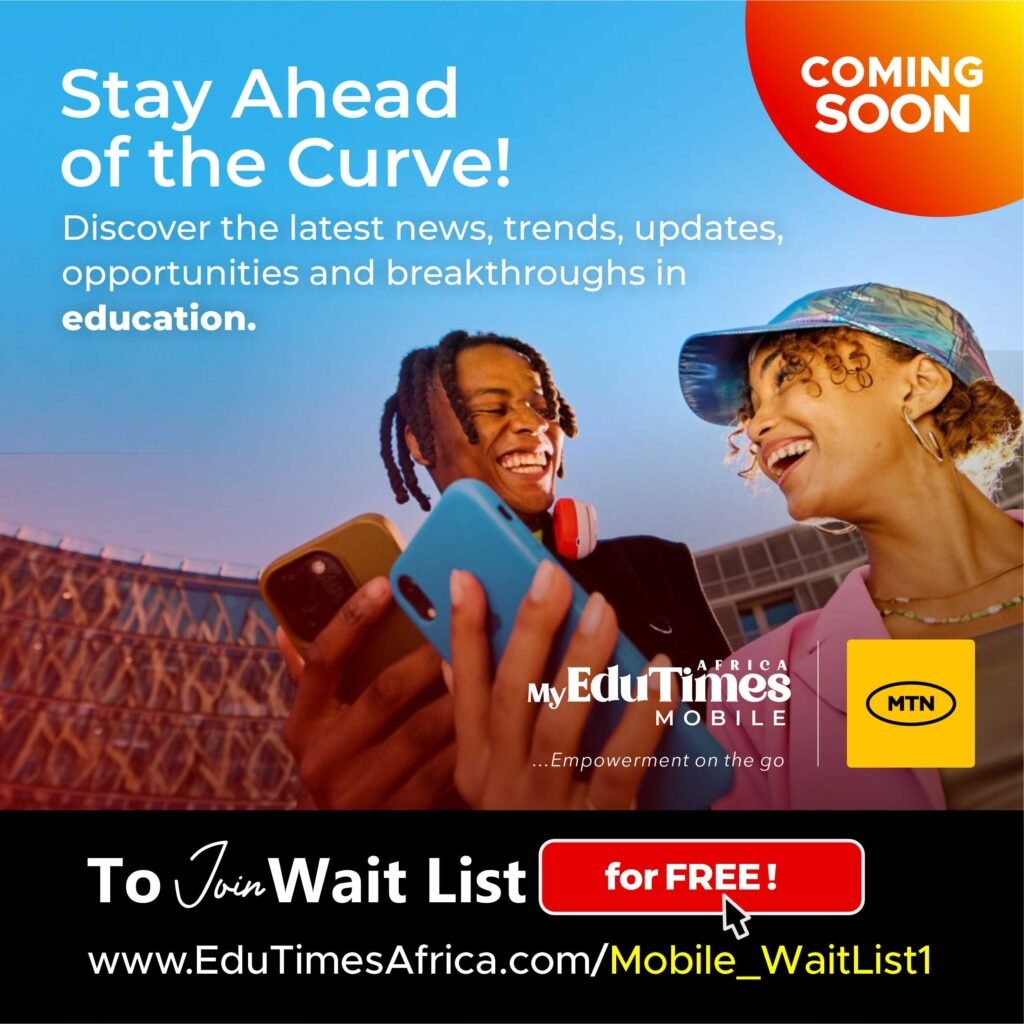Can you please tell us who Rodger Werkhoven is?
Fun question! Rodger Werkhoven is a playful and curious being; the creative realm has always been his playground. As a child, he was captivated by drawing, fantasizing, storytelling, early electronic music, gadgets, technology, homecomputers, and anything science fiction. His neurodivergence shaped much of his unique perspective: Growing up as an ADHD kid, he excelled at anything he loved studying, immersing himself with exceptional focus and enthusiasm. However, the rigid structure of the Dutch school system he ended up in, felt like hell to him. Learning things that felt irrelevant to his passions was a struggle he hardly could overcome—and frankly, didn’t want to. This early tension between his natural curiosity and systemic expectations forged his path as a self-driven innovator and creative pioneer. Rodger Werkhoven has a foundation in fine arts and over 30 years of professional experience. Born on December 5, 1967, in The Netherlands, he studied Image and Media Technology at the Dutch renowned HKU Academy of the Arts Utrecht, between 1988 and 1993, pioneering a new era of digital creative exploration. Rodger Werkhoven won many awards as a designer, art director, and creative director, not because that was his goal, but because others thought he deserved them. Rodger Werkhoven collaborated with numerous brands, agencies and creative professionals, bridging creativity and technology. His contributions to the generative AI (GenAI) revolution, include working – in the early GenAI days – with the developers at OpenAI to help them – on their invitation – to refine models like DALL-E 2 and later ChatGPT. Rodger Werkhoven with Dutch artist Arno Coenen, founded art collective CollaborAitors, which produced the world’s and humanity’s first ever AI-generated, animated, and narrated short film. Werkhoven today is considered a thought-leader on the subject of GenAI and its impact on society and industries. He advises governments, educators, and companies on how to responsibly integrate AI into their workflows. “In the end I am just a people-person who loves solving creative puzzles together. I just can’t help myself doing this, being who I am.”
What led to your interest in AI?
My interest in AI grew organically from my fascination with creativity and technology. I have always been intrigued by tools that expand my own potential, and AI offers exactly that. My early experiments with algorithmic art and later OpenAI’s GPT-2 in 2019, touched upon the untapped potential of generative models. Later, collaborating with OpenAI during the development of DALLE 2 and ChatGPT, solidified my belief that AI will revolutionize the way we create and interact. What excites me most is AI’s ability to democratize creativity and problem-solving, enabling people to express themselves and tackle challenges like never before.
Subscribe To Unlimited Premium Digest.
This is premium content. Subscribe or Login to read the entire article.
Subscribe
Gain access to all our Premium contents.More than 1,000+ Articles, News, & Scholarships.





























































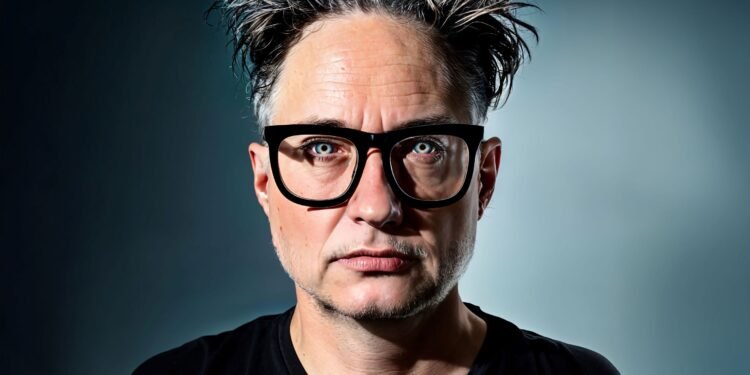


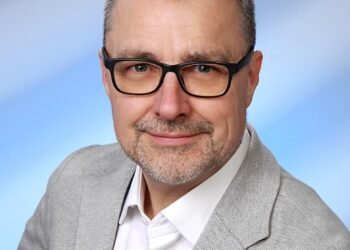


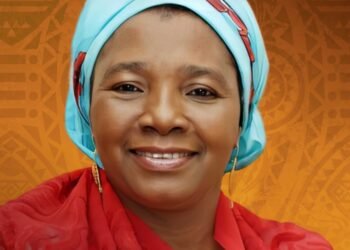
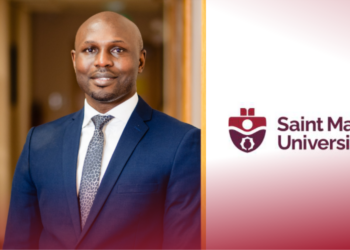
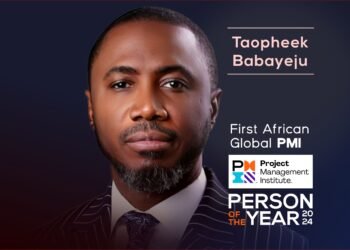
 EduTimes Africa, a product of Education Times Africa, is a magazine publication that aims to lend its support to close the yawning gap in Africa's educational development.
EduTimes Africa, a product of Education Times Africa, is a magazine publication that aims to lend its support to close the yawning gap in Africa's educational development.

